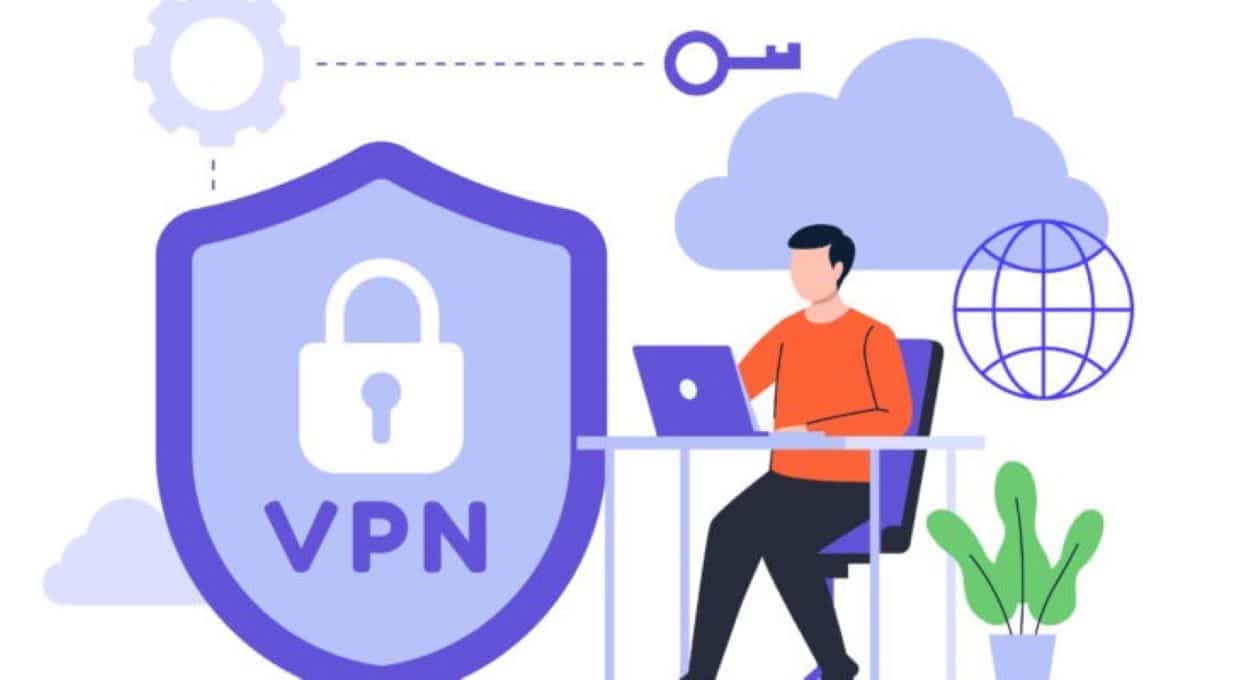A digital rights group, Bytes For All (B4A), found that Pakistani internet users utilizing virtual private networks (VPNs) last month experienced superior download speeds and fewer disruptions.
The group’s report revealed notable performance disparities between VPN and non-VPN connections, attributed to VPNs potentially circumventing ISP-imposed throttling or Deep Packet Inspection (DPI). Since internet disruptions began in July, the public sought explanations. The Minister of State for IT and Telecommunication, Shaza Fatima Khawaja, attributed the slowdown to the extensive use of VPNs but denied government involvement.
B4A’s Shahzad Ahmad, a co-author of the report, detailed their methodology, which involved a network health scan on the four largest ISPs using tools like M.Lab Network Diagnostic Tool and Measurement Swiss Army Knife. They analyzed download and upload speeds, latency, and retransmission rates.
The findings showed that fixed broadband download speeds without a VPN averaged 20.42 Mbps (NDT) and 0.48 Mbps (MSAK), but with a VPN, speeds rose to 56.95 Mbps and 27.31 Mbps, respectively. Mobile broadband also showed improved speeds with VPN use.
High retransmission rates suggest network interference, such as inspection or blocking, which also impacts latency, contributing to slower internet speeds. The report suggests that VPN use helps bypass such manipulations by encrypting user traffic, making it difficult for DPI systems to interfere, thereby enhancing internet performance.






